In many countries worldwide, we are witnessing an aging population as the cost of living rises and fewer people choose to have children. Thanks to the advancement of medical technologies, life expectancy is increasing. In the United States alone, those over the age of 60 make up about 15% of the population; this number is expected to rise in the coming years, and this trend will continue not only in the United States.
Aging is associated with many health problems, and sleep disorders are among them. In addition, poor sleep brings other health issues, especially in people over the age of 65.
To address the problem of sleep disorders in older people, we need to understand why aging affects our natural sleep patterns. We all need restful sleep, and the elderly need it even more, as fatigue is a common factor in aging. Let’s look at the link between aging and sleep, which plays an essential role in promoting overall health in the elderly.

Why Does Aging Affect Sleep?
It is normal for aging adults to notice a change in their sleep patterns, specifically the quality and duration of sleep. A master clock in the hypothalamus consists of about 20,000 cells that make up the suprachiasmatic nucleus.
The suprachiasmatic nucleus (SCN) controls our daily rhythms through the circadian rhythms responsible for the proper functioning of our eating and sleeping cycles.
The SCN receives information from the eyes, and light is the primary indicator that allows the good functioning of the circadian rhythms. Unfortunately, several studies have shown that older people have an unusual pattern of light exposure. When the SCN stops functioning properly, the circadian rhythm is disrupted, leading to sleep disturbances.
Some hormones such as melatonin and cortisol also play an important role in restful sleep. The human body secretes both melatonin and cortisol, but as we age, our bodies can produce less of these sleep-promoting hormones.
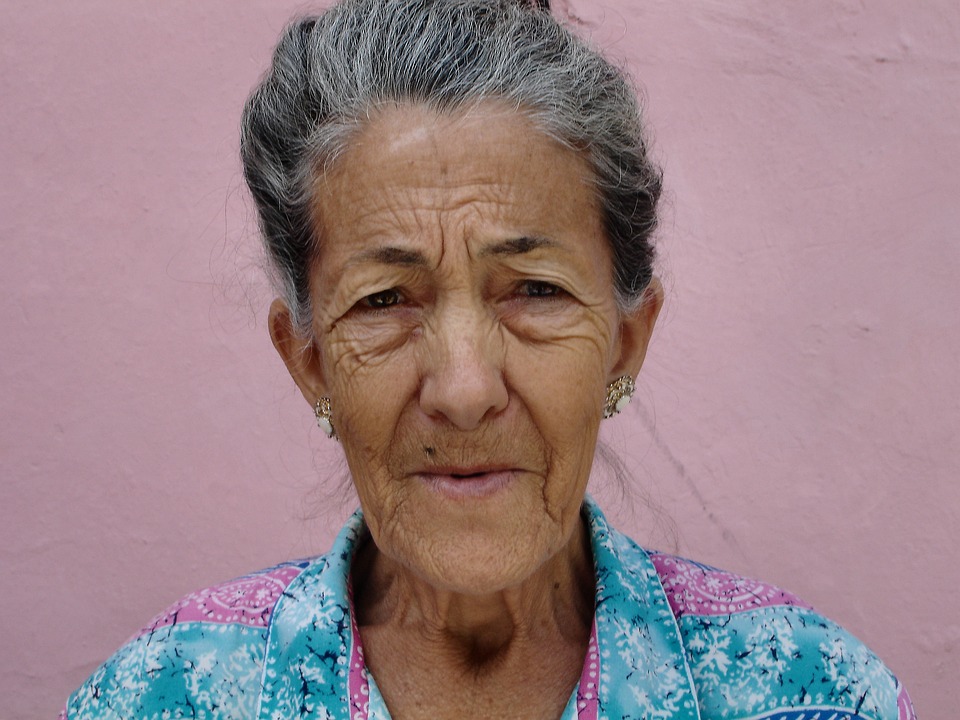
Mental and physical health is also very important for a good night’s sleep. Older people are very susceptible to illnesses such as depression, anxiety, diabetes, heart disease, and aches and pains that prevent them from getting restful sleep.
Older adults are also more prone to suffering from more than one disease at a time. A National Sleep Foundation study found that older people are diagnosed with more than four health problems, leading to reduced sleep duration.
In addition, older people trying to manage their health problems with medications may also be sleep deprived. Over-the-counter or prescription medications have been shown to have side effects that affect sleep cycles. Medications such as antidepressants and corticosteroids can keep older people awake and contribute to insomnia.
Another factor that can lead to poor sleep is the lifestyle changes that can accompany aging. For example, retirement leads to less work outside the home and possibly more naps, leading to a less structured sleeping schedule. Many lifestyle changes can lead to stress, causing a snowball effect that leads to unusual sleep patterns.
If you found that your loved ones are having sleeping problems, you may want to talk to a health care professional about the issue, try to list the conditions they may be suffering from to make the diagnosis easier. Keep in mind that sleeping is a very important aspect for the elderly; this is the moment where they can recharge and that the body gets time to heal.
You may want to read our part 2 to know more about the tips and tricks to tackle the problems of aging and sleeping. Let us know in the comments what if an elder in your surrounding is suffering from sleeping disturbances and how you are managing it.


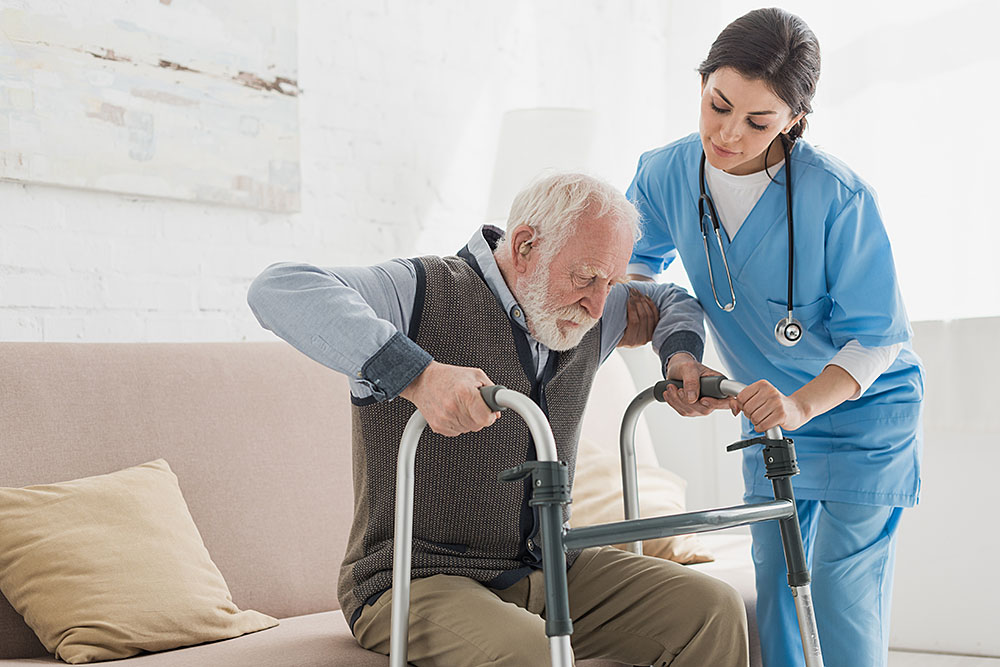
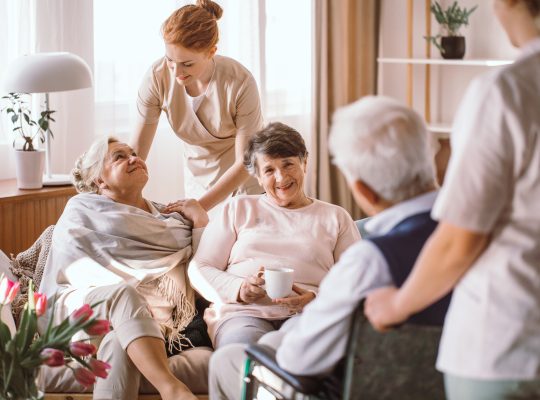


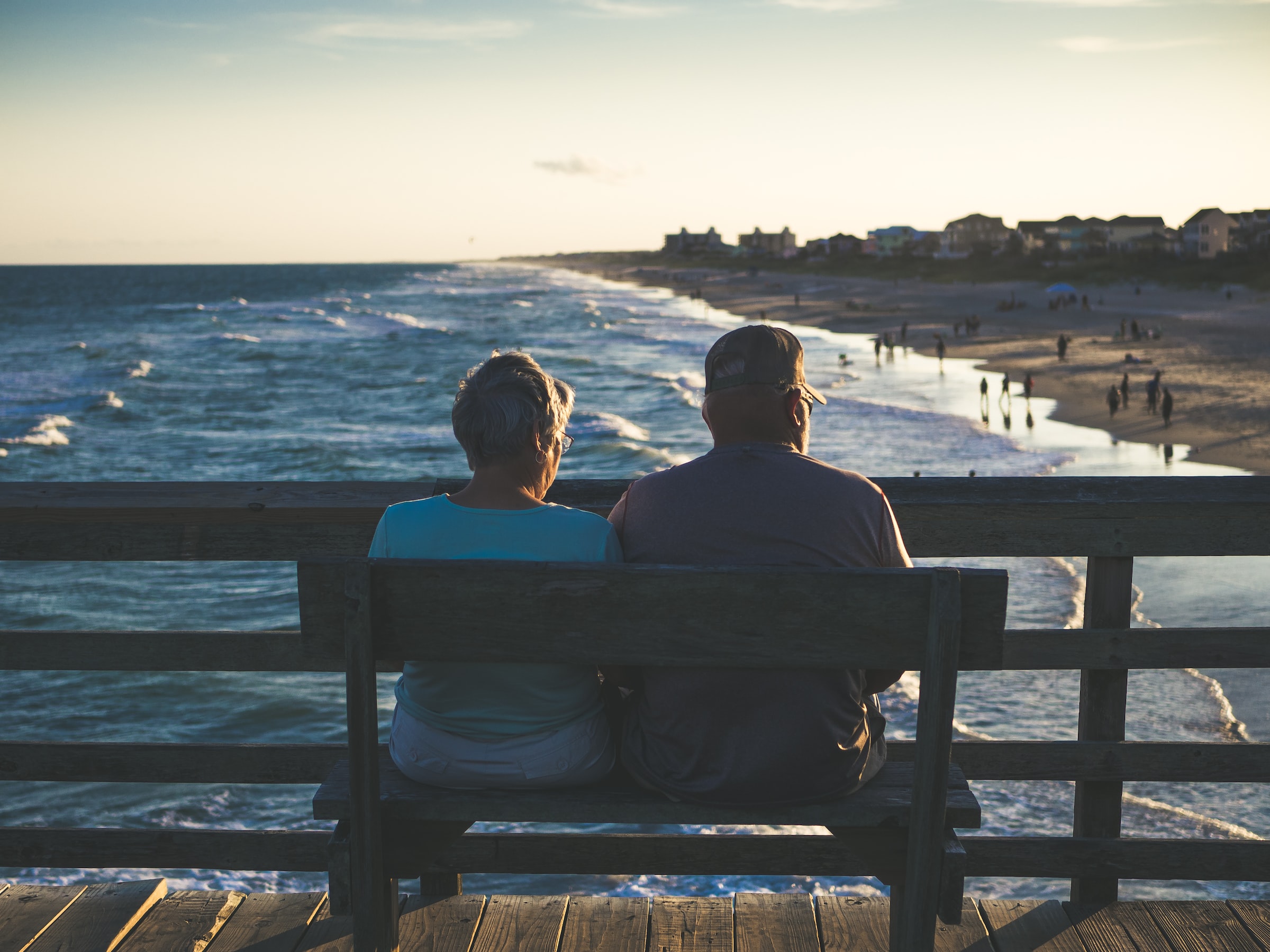
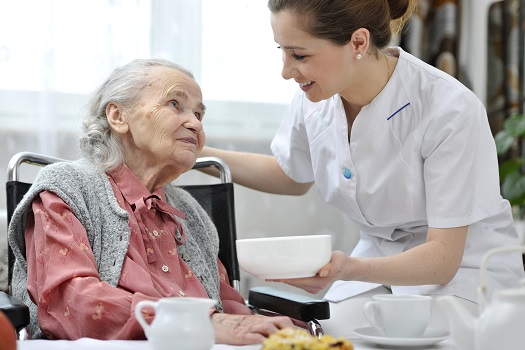
[…] the first part of this article, we looked at why and how aging affects sleep, and we saw that changes in the body […]